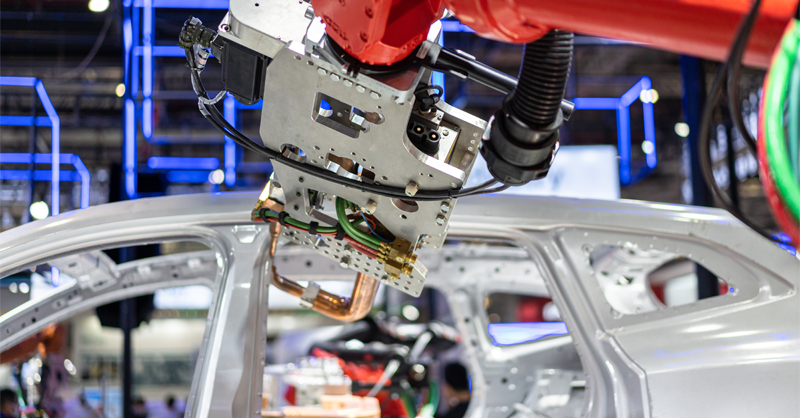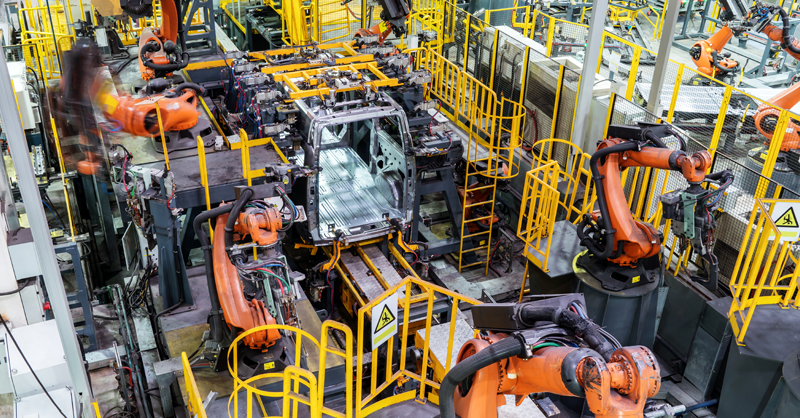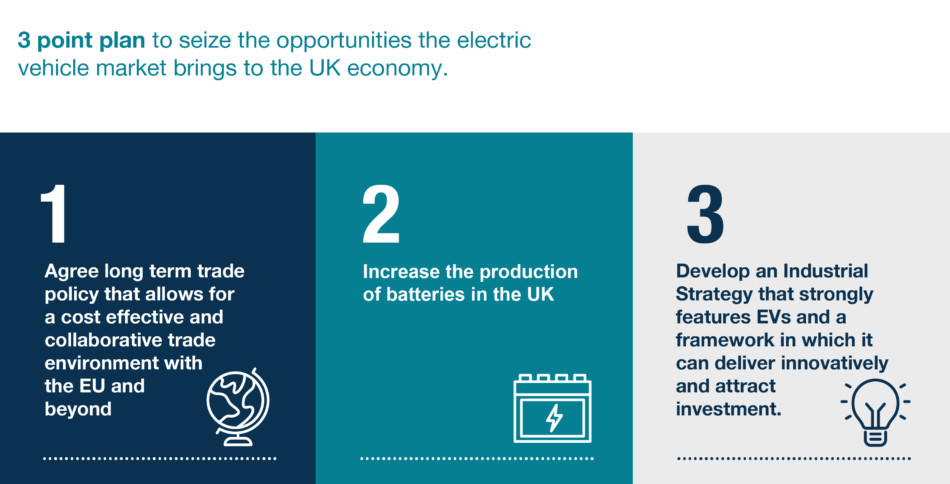The UK faces being left behind in the electric vehicle revolution, economists have today warned.
Researchers have called for urgent policy intervention and a focused effort to ensure the UK’s automotive industry remains a critical pillar of the British economy.
The report, entitled Powering the Future: Aligning Economic Policy for Automotive Sector Resilience in the face of Critical Material Challenges, offers a comprehensive analysis of the UK’s EV industry.
Researchers Jun Du and Oleksandr Shepotylo, from Aston University’s Centre for Business Prosperity, found that the UK is in a weak position to capitalise on the EV revolution and immediate market opportunities – and such is the pace of change, the opportunity won’t wait for policy makers to catch up.
The UK is currently heavily exposed through its critical dependency on battery imports, with imports exceeding exports by 10.5 times.
Germany continues to lead the global market in the value of EV exports, whilst China now leads in terms of the number of EVs exported.
The UK’s position is further weakened by the resilience of the EU as a formidable EV market. The EU has made efforts to tackle the dependency on China for its battery imports by investing in production capacity in areas such as Poland, coupled with EU interventions such as the Green Deal which provides a simplified regulatory environment, faster access to funding and skills and supply chain development.
Moreover, the UK relies on sourcing materials from the rest of the world outside of the EU, coupled with higher prices making compliance with regulations more challenging.
The report warns that the UK risks a continued critical dependency on battery imports while its EU competitors are reducing the risk.
Strikingly the report shines a light on the level of Government intervention in the EU, US and China, all have coherent industrial strategy that capitalise on the shift to Net Zero, whilst the UK does not, favouring a reactive sticking plaster approach, such as the short term extension of Rules of Origin deadline with the EU. Whilst this provides respite to the UK the risk is that the gap with its competitors widens.
Jun Du, Professor of Economics at Aston Business School, said: “Cultivating a resilient and competitive UK automotive industry demands policy ideas that align with the ever-evolving dynamics of the global electric vehicle market.
“Our research highlights the weakness of the UK’s current position and outlines the strategic interventions urgently needed to fortify the UK’s interests and navigate the transformative landscape of the electric vehicle revolution.
“The implementation of these recommendations can effectively cement the UK’s leadership position in the realm of electric mobility, ensuring enduring growth, competitiveness, and innovation.”
The report outlines a three-point plan for automotive sector resilience. This crucial roadmap sets out the steps the UK must take to fortify its presence in the global EV market.
The recommendations strategically target global opportunities in the EV revolution, advocate for the optimisation of trade policy, call for strategic investments in EV battery production, emphasise the imperative of crafting a future-ready industrial strategy, and underscore the significance of continuous monitoring of global value chains.
For further information, contact Professor Jun Du.
This press release was originally published by Aston Business School.




